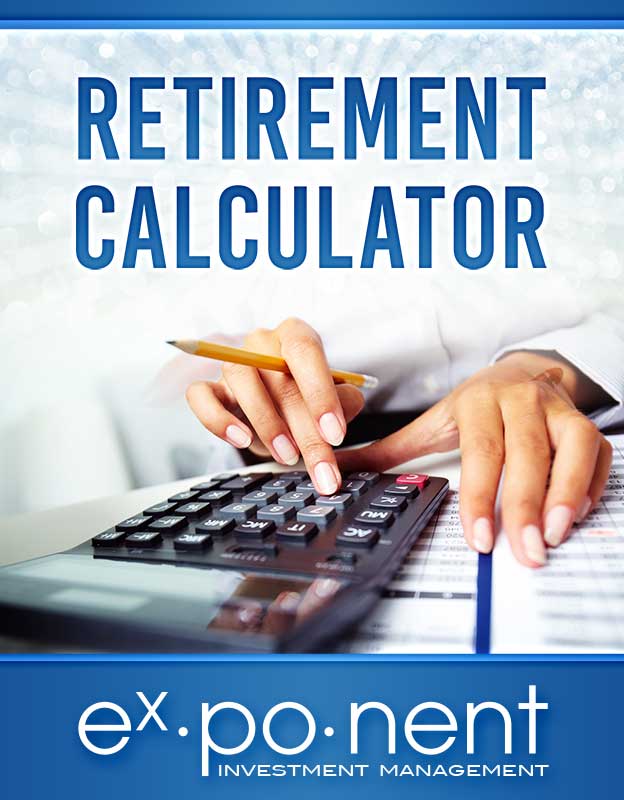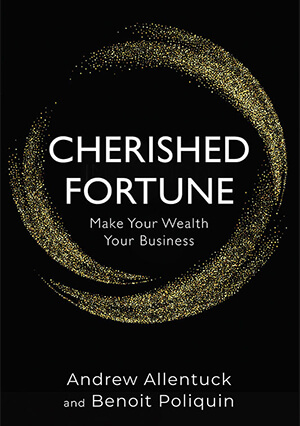In Quebec, a couple we’ll call Jean, 60, and Avril, 56, are moving into retirement. Jean works part time as a handyman, Avril continues to work for the federal government, where she has 30 years of seniority and will retire with a defined-benefit pension. They want to retire in four years when Avril is 60, spend winters in a warm country and have $6,500 per month to spend, year round. They are worried that they might get caught out with more expenses than income.
Their issues are, first, calculation of retirement income, second, whether to sell their mortgage-free home with an estimated value of $800,000, and, third, to estimate what they can spend in their bi-national retirement. They are prepared to walk a financial tightrope with the inevitable risks of balancing costs in two countries. Whether they should it and commit much of their finances to avoiding Quebec’s winters is as much a personal as a financial choice.
Family Finance asked Eliott Einarson, head of the Winnipeg office of Ottawa-based asset advisory firm Exponent Investment Management Inc., to work with Jean and Avril.
Current income
Jean generates $19,200 per year from his part-time handyman business. He adds Quebec Pension Plan payments of $9,252 per year for total pre-tax income of $28,452 per year. Avril earns $79,200 per year before tax. Their present gross annual income is $107,652. After average 30 per cent tax, they have $75,356 per year to spend or $6,280 per month.
Their plan is to spend four or five months of each winter in a warm place. They have considered southeast Asia and a few spots in the Caribbean. The country in which they choose to avoid Canadian winters is critical to the success of their plans. Some have low costs, but medical facilities that are not up to Canadian standards. Others, particularly in Asia, have extensive health-care services with high standards that attract international medical patients.
In order to provide income for their winter holidays, they are considering immediate sale of their $800,000 house. That would net them perhaps $760,000 after costs and commissions. Invested at three per cent after inflation for the 34 years to her age 90, that sum would generate $34,917 per year. If they do sell, they would rent for no more than $2,000 per month or $24,000 per year.
Future income
When Avril is 60, she can start to receive her defined-benefit, indexed federal pension of $30,315 per year and a bridge of $11,822, which will last until her Quebec Pension Plan kicks in at 65.
She also has RRSP accounts totalling $270,000 that with $2,600 annual contributions will grow to $315,090 in four years at her age 60 and then sustain annual income before tax of $15,610 for the following 30 years to her age 90, when all capital and income will be expended.
Combined with Jean’s $19,200 annual income and $9,252 from his QPP, they would have $86,199 pre-tax income. Income from sale of the house would add $34,917 per year for total income of $121,116 per year. After splits of eligible income and 22 per cent average tax, they would have $94,470 per year or $7,872 per month to spend. They would be over the $6,500 minimum they have set as a retirement income goal.
At Avril’s age 65, the couple will have her $30,315 federal pension, QPP income of $11,822 to replace her bridge, RRSP income of $15,610, $8,000 OAS, Jean’s anticipated $19,200 part-time income and his $9,252 QPP pension and $8,000 OAS. That’s a total of $102,199. $34,917 income from sale of their house before Avril’s retirement would boost total income to $137,116 per year. After splits and 25 per cent average tax, they would have $102,837 per year or $8,570 per month to spend.
The income boost from investing the money from the sale of their house would have to cover the cost of renting in Quebec. If they allocate $2,000 per month for rent, they would be able to meet an assumed $6,500 per month cost of living abroad or at home. Airfares, which we cannot predict, might limit their ability to move back and forth frequently.
As a former federal employee, Avril will be able to have out-of-country hospital/medical benefits for herself and for her husband. There are limits, but the program would enable Avril and Jean to locate on the basis of preference rather than selection compromised by health-care cost worries. It goes without saying that medical and hospital costs are location dependent.
Wintering abroad
The countries they have been considering for their half yearly trips are Thailand and a few in the Caribbean such as Barbados. Each has a strong economy and extensive health-care facilities. However, low cost of living under the palms has to be balanced with air fares, variable cottage or hotel/motel costs, local transport and food costs, among other things.
Avril’s pension and some asset growth in the four years to her retirement should allow for a financially secure retirement. High recent real estate prices in much of Quebec work to their advantage. However, selling means giving up future capital gains that go with ownership. Renting for the months they are in Canada has its own risks. A landlord has the power of eviction. Stay or sell needs to be weighed very carefully for the couple’s present savings — $270,000 in RRSPs and $5,000 in cash, are modest.
“These projections are essentially benevolent,” Einarson explains. “We are assuming the Quebec property market does not collapse under threat of present rising interest rates, that annual trips to sunny places are affordable, that they can find acceptable rental accommodation in Quebec at $2,000 per month, and that they would not have to make rush trips to Canada for personal or family emergencies.”
The problem is to find a balance of the cost of living in two countries. That is a question of timing. They could risk less by keeping their Quebec house and spending just two months under the sun, Einarson concludes. But that choice is up to them — the income from selling the home on top of their pension and government income is enough to be secure.
Retirement stars: 3 *** out of 5






